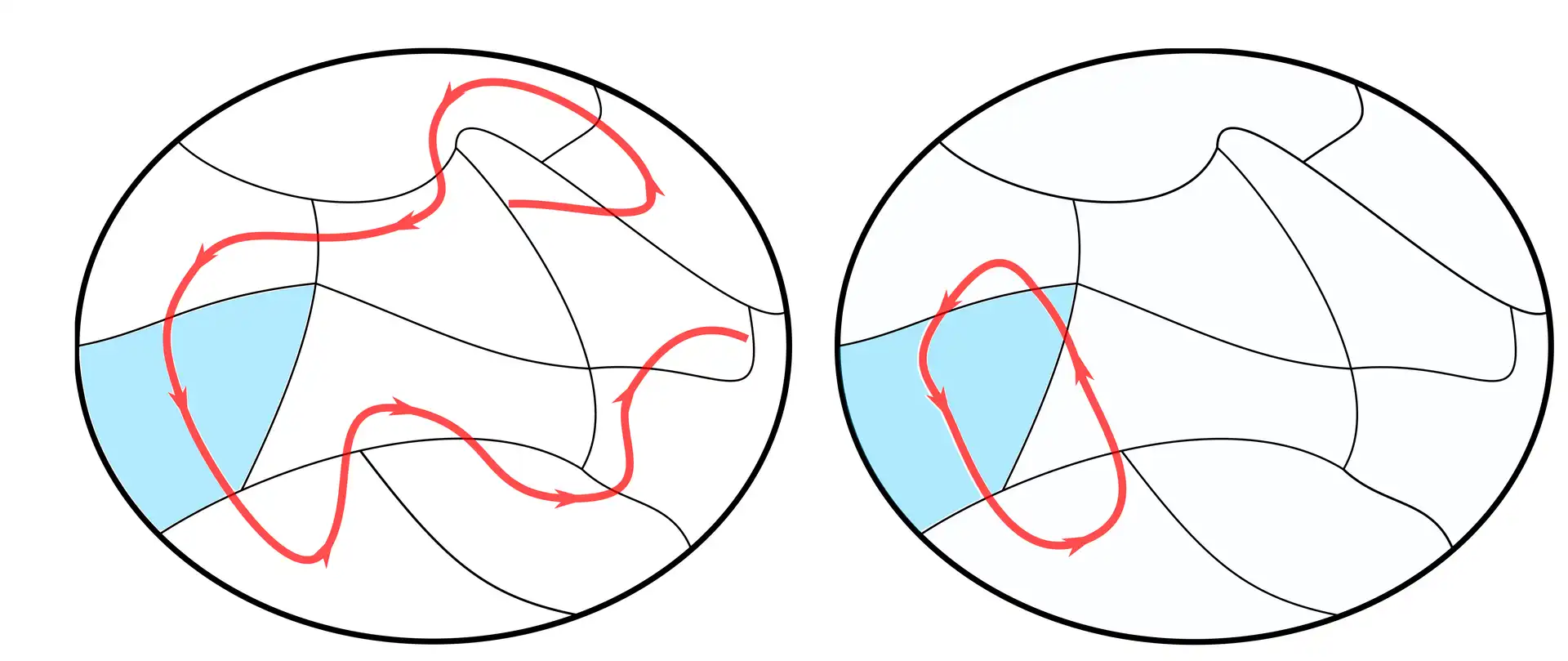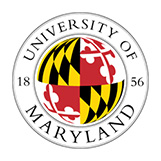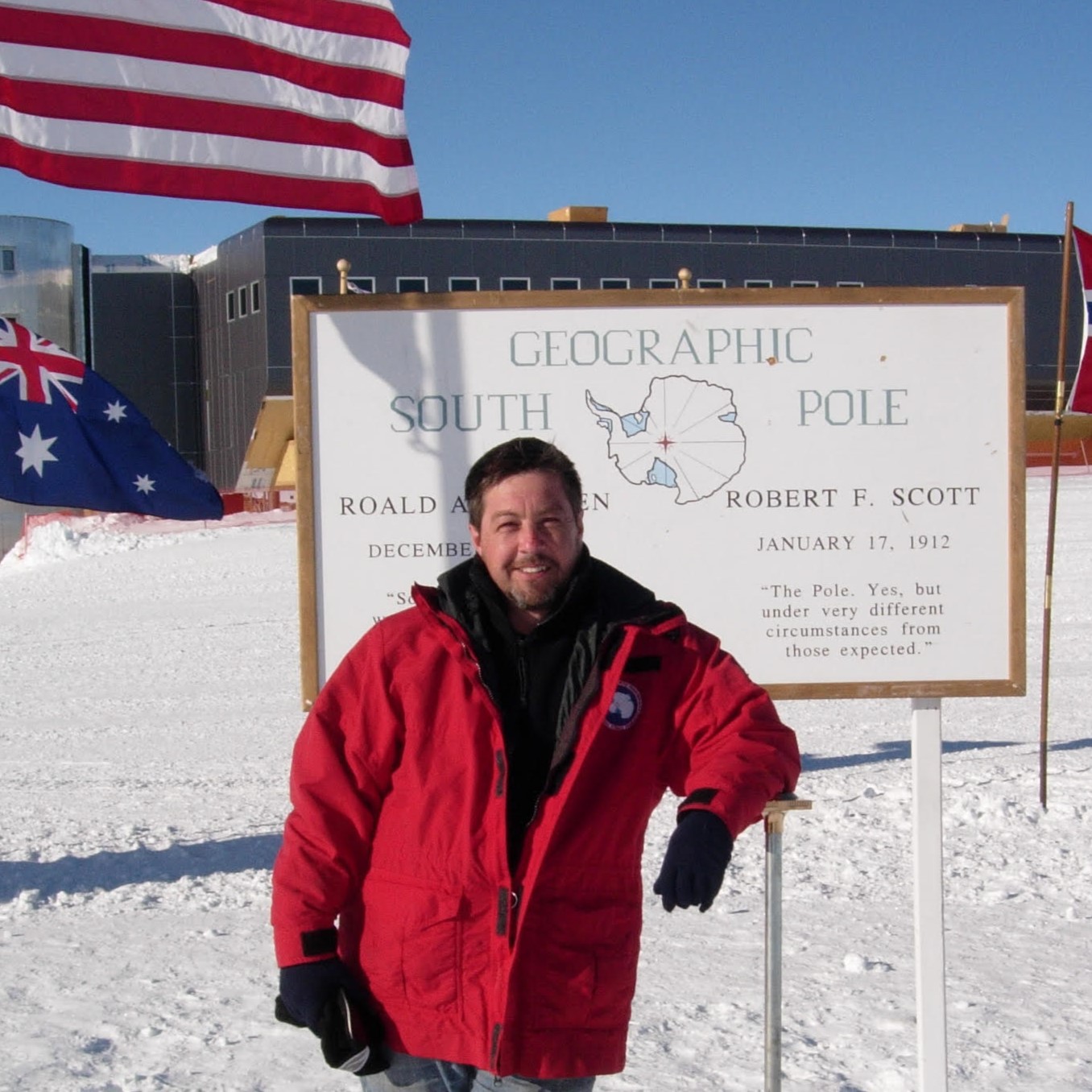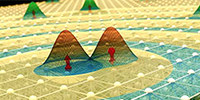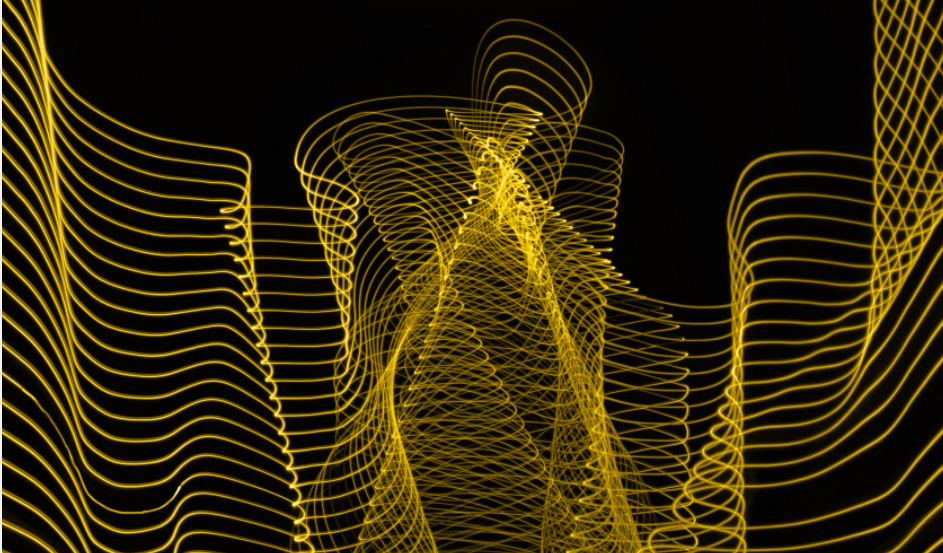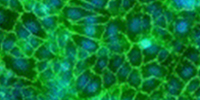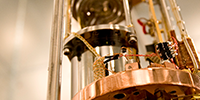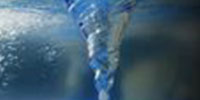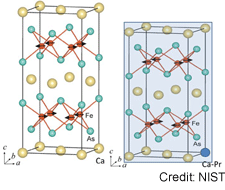
A team from the University of Maryland, led by Physics Professor Johnpierre Paglione, and the National Institute of Standards and Technology (NIST) has found an iron-based superconductor that operates at the highest known temperature for a material in its class. The discovery inches iron-based superconductors closer to being useful in many practical applications.
Iron-based superconductors, discovered only about four years ago, are a hot research topic, in part because they are more amenable to commercial applications than copper-based superconductors, which are more difficult to make and are frequently brittle. Of the four broad classes of iron-based superconductors, the 1:2:2 class-so named because their crystals are built around a hub of one atom of calcium, two of iron and two of arsenic-is particularly promising because these superconductors' properties can be custom-tailored by substituting other atoms for these basic elements.





